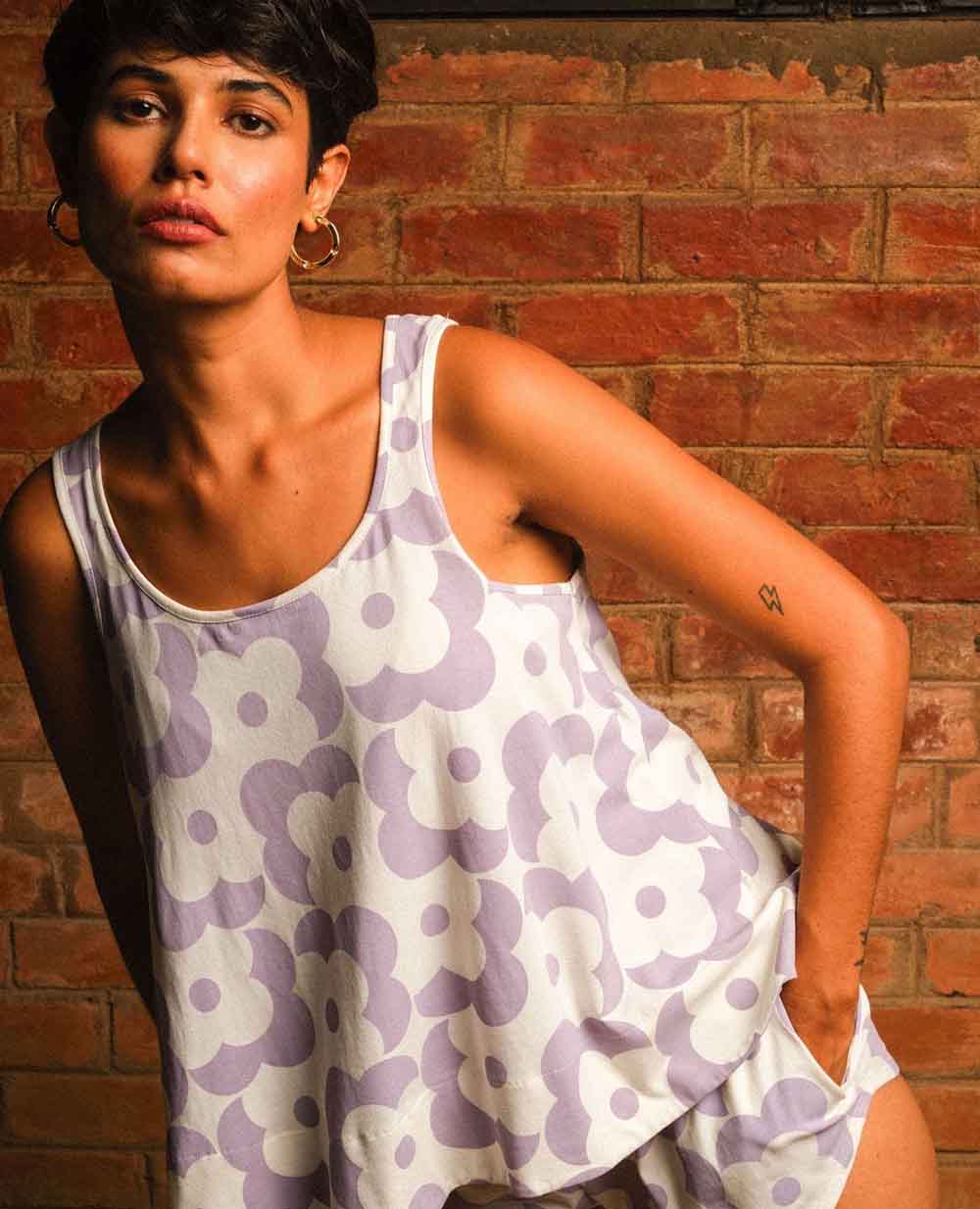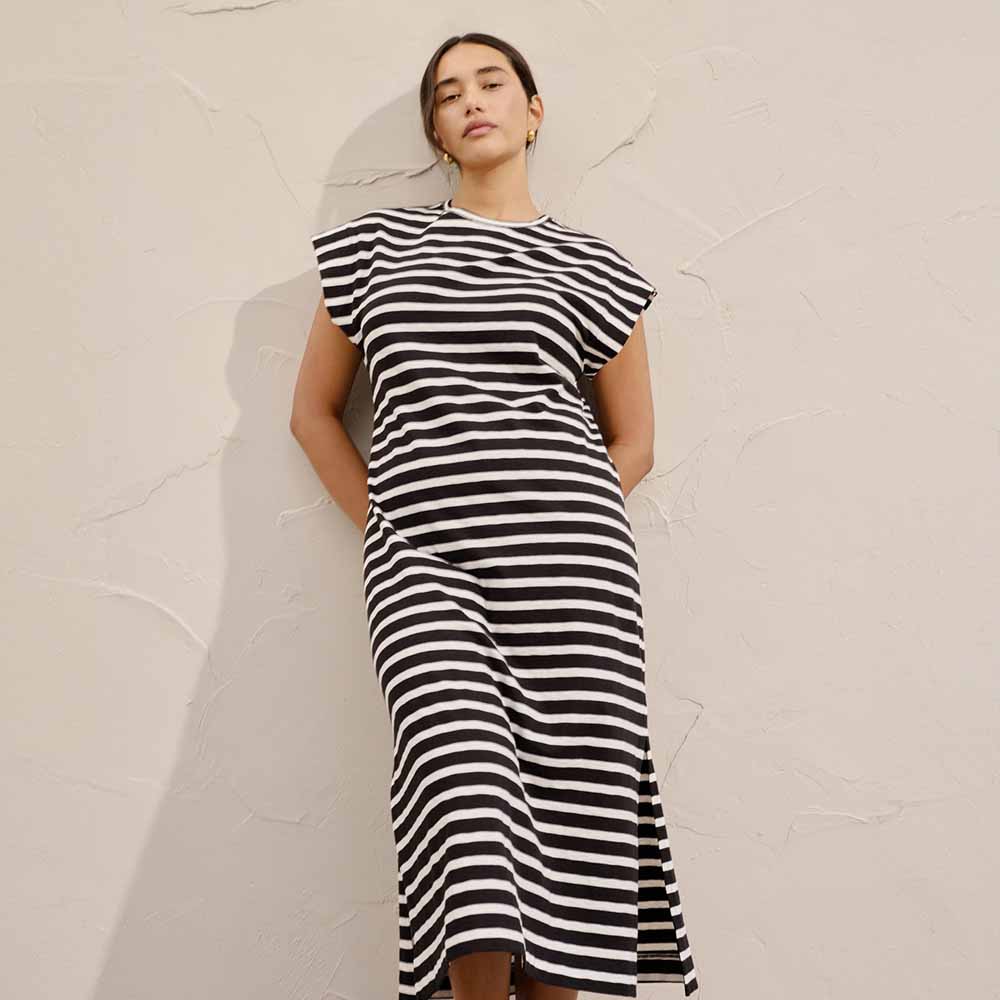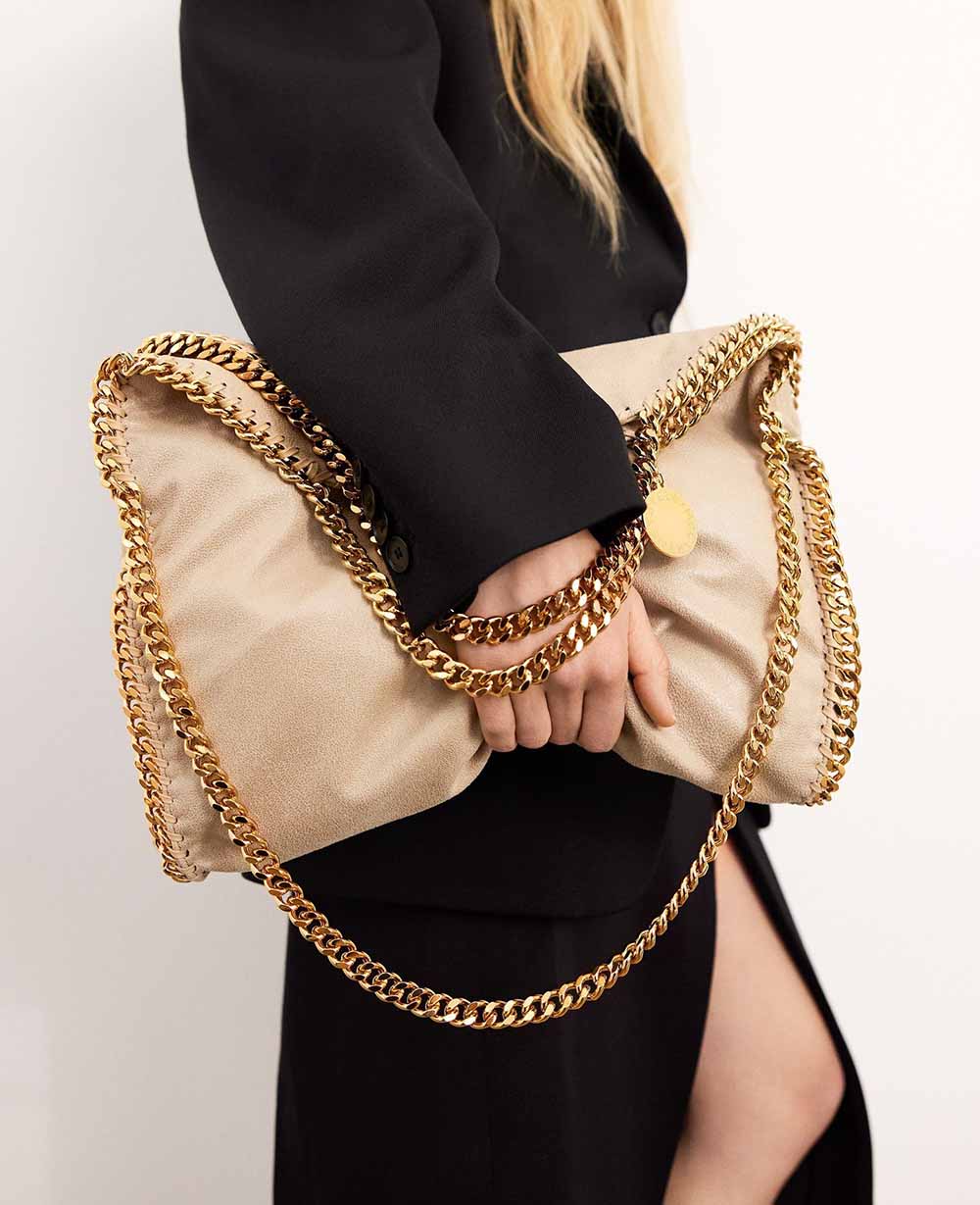So, you've probably noticed that sustainability has been all the rage in the fashion world lately, right? It's like everywhere you turn, brands are jumping on the eco-friendly bandwagon and announcing their commitment to saving the planet. But here's the thing: not all are walking the walk. Yep, some are just talking the talk and using sneaky tactics to make themselves look greener than they really are. And let me tell you, it can be tough for consumers to figure out who's legit and who's just greenwashing. But fear not, because, in this article, we're going to break it all down for you. We'll show you how to spot the real sustainable fashion heroes among the sea of imposters, so grab a cup of your favourite sustainable coffee (or tea, we're not judging), and let's dive in!
Understanding Greenwashing in Fashion

Image used for representational purposes only.
Greenwashing refers to the deceptive practice of conveying a false impression or providing misleading information about the environmental or social benefits of a product, service, or company. Simply put, it’s like slapping a few green leaves on their packaging or throwing around fancy words like "eco-friendly" or "sustainable" without actually doing much to back it up. In the fashion world, greenwashing is pretty common, especially with everyone jumping on the sustainability bandwagon. While they make vague claims or only tell us the good stuff, don’t be surprised if they turn out to be hiding the not-so-great parts. Basically, it's like they're trying to trick us into thinking they're doing more for the planet than they really are. Sneaky, right?
Know more about Greenwashing here
Key Indicators of Genuine Sustainable Fashion Practices
Transparency and Accountability: Genuine sustainable fashion brands prioritise transparency, providing clear and comprehensive information about their supply chain, sourcing practices, and environmental impact. For example, Patagonia is renowned for its transparency, offering detailed reports on its supply chain and environmental initiatives. By contrast, brands that are vague or evasive about their practices may be engaging in greenwashing. Based in Goa, No Nasties is a sustainable fashion brand that provides all the info you may need about any given product. Think carbon footprints, amount of water saved, carbon offsets and much more apart from the mandatory details about fabrics and materials.

Image Source: Instagram/nonasties
Ethical Labour Practices: True sustainability encompasses not only environmental considerations but also ethical treatment of workers throughout the supply chain. Brands committed to fair labour practices ensure that workers receive fair wages, safe working conditions, and other fundamental rights. A notable example is Everlane, which prioritises radical transparency and ethical production practices, providing information about its factories and worker conditions on its website.

Image Source: Instagram/everlane
Circularity and Waste Reduction: Genuine sustainable fashion brands embrace circularity and prioritise waste reduction throughout the production process. This may involve using recycled or upcycled materials, implementing closed-loop systems, and minimising textile waste. For instance, Stella McCartney incorporates sustainable materials such as organic cotton and recycled polyester into its collections while actively working to reduce waste in its operations.

Image Source: Instagram/stellamccartney
Closer to home, label Asha Gautam’s recent project of upcycling old Paithani saris into brand new outfits like lehengas and dresses was noteworthy.

Image Source: Instagram/ashagautamofficial
Environmental Stewardship: Authentic sustainable fashion brands demonstrate a commitment to environmental stewardship by minimising their ecological footprint and implementing eco-friendly practices. This can include reducing water and energy usage, limiting chemical inputs, and adopting renewable energy sources.
Here's the thing: with all this talk about sustainability, some brands are just trying to cash in on what they might perceive as a trend without really walking the talk. So, it's super important for us to look past the marketing tricks and really dig deep to find brands that are the real deal. You know, the ones that are all about transparency, fair wages for workers, recycling, and taking care of the environment. When brands show they're serious about this stuff, it's not just good for the planet – it also earns them major brownie points with us savvy shoppers who care about making a difference.